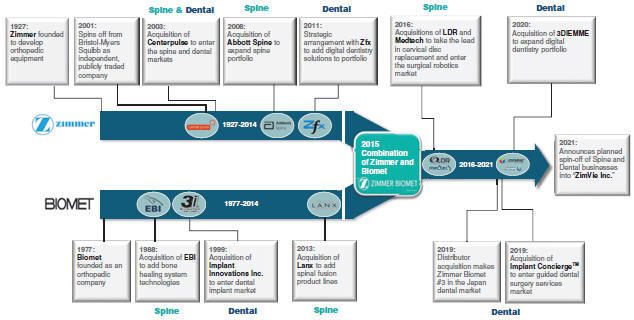Developments relating to the UK and Switzerland that could adversely affect us.
The UK’s exit from the EU.
The UK ceased to be a member of the European Union (the “EU”) on January 31, 2020, commonly referred to as “Brexit,” and entered into a transition period which ended on December 31, 2020 (the “Transition Period”), during which terms for the future trading relationship between the EU and UK were negotiated. On December 30, 2020, the UK and the EU signed the UK-EU Trade and Cooperation Agreement, which applies provisionally (pending ratification by the Council of the European Union) with effect from the end of the Transition Period. As of the end of the Transition Period, the UK and the EU became separate and distinct legal and regulatory jurisdictions.
Brexit has resulted in certain new restrictions on the free movement of goods, services and people between the UK and the EU, through technical barriers to trade, rules of origin requirements, custom inspections, and/or migration restrictions. In terms of medical products regulation and trade, the now separate UK and EU approval and regulatory regimes may, in the near term or over time, require us to make adjustments to our business and operations that could result in significant expense and take significant time to complete. Over time, Brexit could also result in increasing regulatory and/or standards divergence between the UK and the EU, which could affect the clearance and approval of medical products in each or either jurisdiction.
Despite the UK-EU Trade and Cooperation Agreement, Brexit and the perceptions as to its potential impact have adversely affected, and may continue to adversely affect, business activity and economic conditions in the UK, Europe and globally, and could continue to contribute to instability in global financial and foreign exchange markets.
Lack of Switzerland / EU Mutual Recognition Agreement Acknowledgement of EU MDR.
The EU and Switzerland had a mutual recognition agreement (“MRA”) specifying that, in respect of Medical Devices, the same rules apply with respect to the EU Medical Device Directive (“MDD”). This implies free market access between EU and Switzerland. As of May 26, 2021, the EU Medical Device Regulation (“EU MDR”) became effective. However, this new regulation is not specified in the MRA despite negotiations between EU and Switzerland to amend the MRA. As a revised MRA between the EU and Switzerland is not agreed on and signed, Switzerland became another country, similar to the UK after Brexit, whereby the EU and Switzerland are no longer one market. This is now commonly being referred to as “Swexit.”
For access to the EU market, this means that the Swiss-based notified body SQS (NB 1250) is no longer recognized by the EU, European Authorized Representatives cannot be based in Switzerland and Swiss manufacturers need a European Authorized Representative. For access to the Swiss market, this means full implementation of Switzerland’s Medical Devices Ordinance, requiring, among other things, a Swiss-based representative, product registration with Swissmedic, and relabeling.
Given these possibilities and others we may not anticipate, as well as the lack of comparable precedent, the full extent to which we will be affected by Brexit and Swexit remains uncertain. Any of the potential negative effects of Brexit and Swexit could adversely affect our business, results of operations and financial condition.
Legal, Regulatory and Compliance Risks
If we fail to obtain, or experience significant delays in obtaining, FDA clearances or approvals for our future products or product enhancements, our ability to commercially distribute and market our products could suffer.
The process of obtaining regulatory clearances or approvals to market a medical device, particularly from the FDA, can be costly and time consuming, and there can be no assurance that such clearances or approvals will be granted on a timely basis, if at all. In particular, the FDA permits commercial distribution of a new, non-exempt, non-Class I medical device only after the device has received clearance under Section 510(k) of the Federal Food, Drug, and Cosmetic Act (“FDCA”), or receives approval under the premarket approval application (“PMA”) process. If clinical trials of our current or future product candidates do not produce results necessary to support regulatory approval, we will be unable to commercialize these products, which could have a material adverse effect on our financial results.
30



































